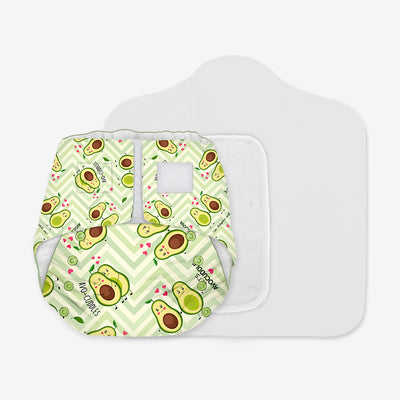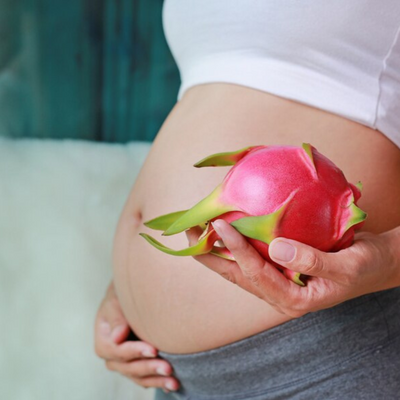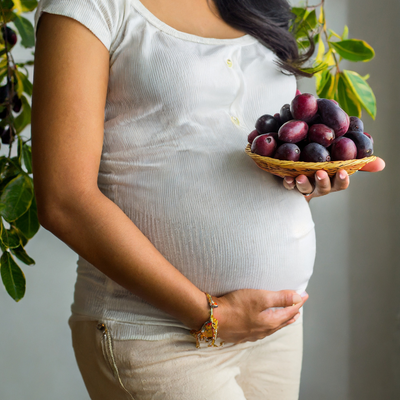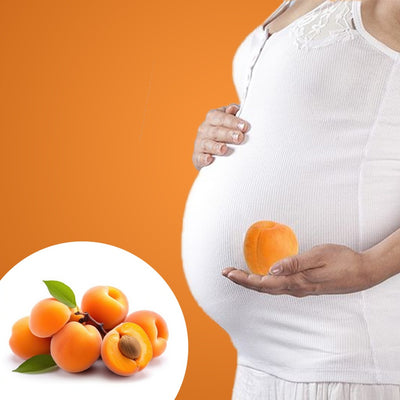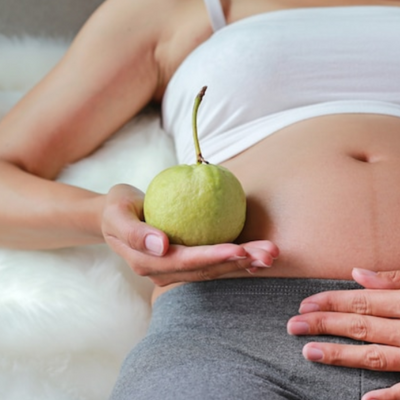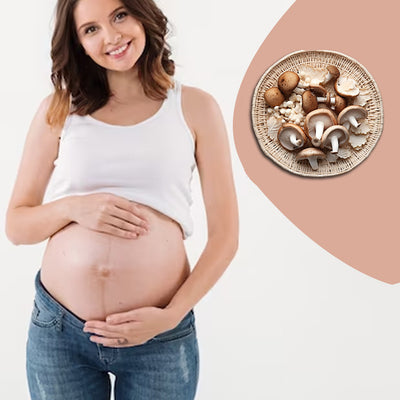Benefits Of Watermelon During Pregnancy

Eating Watermelon During Pregnancy
During pregnancy, maintaining a balanced diet becomes paramount for both the mother's health and the development of the growing baby. Amidst the plethora of fruits available, muskmelon, also known as kharbuja, emerges as a delightful and nutritious choice for expectant mothers. Bursting with essential vitamins, minerals, and hydration, muskmelon offers a refreshing addition to a pregnant woman's diet. However, like any food during pregnancy, it's important to understand the benefits and potential considerations associated with consuming muskmelon. In this blog post, we'll explore the various aspects of including muskmelon in a pregnancy diet, shedding light on its nutritional value, potential health benefits, and any precautions expectant mothers should be mindful of.
Nutritional Benefits of Watermelon
Watermelon, with its vibrant color and juicy sweetness, is not only a summertime favorite but also a nutritional powerhouse. Packed with essential vitamins, minerals, and antioxidants, watermelon offers a refreshing and hydrating treat with numerous health benefits. Rich in vitamin C, vitamin A, potassium, and lycopene, this fruit supports immune function, promotes heart health, aids in hydration, and may even contribute to skin and eye health. In this blog post, we'll delve into the extensive nutritional profile of watermelon, highlighting its impressive array of nutrients and their potential health advantages.
Can You Eat Watermelon During Pregnancy
Yes, watermelon can be a delicious and nutritious addition to a pregnant woman's diet. With its high water content, watermelon can help prevent dehydration, a common concern during pregnancy. Additionally, its wealth of vitamins, minerals, and antioxidants can contribute to overall maternal health and fetal development. However, like any food, moderation is key, and consulting with a healthcare provider is advisable.
Benefits of Watermelon for Pregnant Women
Hydration:
Watermelon's high water content helps keep pregnant women hydrated, which is crucial for supporting the body's functions and aiding in the transportation of nutrients to the baby.
Nutrient-Rich:
Watermelon is packed with essential vitamins and minerals, including vitamin C, vitamin A, potassium, and magnesium, which are important for both maternal health and fetal development.
Heart Health:
The presence of citrulline in watermelon may help regulate blood pressure, promoting cardiovascular health during pregnancy and reducing the risk of complications.
Digestive Health:
The fiber content in watermelon can alleviate constipation, a common discomfort experienced by pregnant women, by promoting regular bowel movements.
Reduced Swelling:
Watermelon's natural diuretic properties may help reduce swelling, a common symptom of pregnancy, by aiding in the elimination of excess fluid from the body.
Skin Health:
The presence of antioxidants like vitamin C and lycopene in watermelon can contribute to healthy skin, potentially reducing the risk of stretch marks during pregnancy.
Watermelon Seeds:
Watermelon seeds are edible and a good source of protein, healthy fats, and minerals like iron and zinc, which are essential for maternal and fetal health. Incorporating watermelon seeds into the diet can provide additional nutritional benefits during pregnancy.
Side-Effects of Consuming Watermelon While Pregnant?
While watermelon is generally safe and beneficial for pregnant women when consumed in moderation, there are a few potential side effects to be aware of:
Digestive Discomfort:
Excessive consumption of watermelon may lead to digestive issues such as bloating, gas, or diarrhea, particularly if eaten in large quantities.
Blood Sugar Levels:
Pregnant women with gestational diabetes or those at risk of high blood sugar levels should monitor their intake of watermelon due to its natural sugar content, which could affect blood glucose levels if consumed excessively.
Allergic Reactions:
In rare cases, some individuals may experience allergic reactions to watermelon, manifesting as symptoms like itching, swelling, or difficulty breathing. It's essential to be cautious if you have known allergies to other fruits or foods.
Pesticide Exposure:
Pregnant women should opt for organic or properly washed watermelon to minimize exposure to pesticides, which could potentially harm maternal and fetal health.
Interaction with Medications:
Watermelon may interact with certain medications, such as blood pressure medications or diuretics. Pregnant women taking medications should consult their healthcare provider regarding any potential interactions.
How Much Watermelon Can You Consume in Pregnancy?
Pregnant women can safely enjoy watermelon as part of a balanced diet, but moderation is key. There is no specific limit on how much watermelon one can consume during pregnancy, but it's advisable to enjoy it in reasonable portions to avoid excessive sugar intake and potential digestive discomfort. Consulting with a healthcare provider can provide personalized recommendations based on individual dietary needs and health considerations.
watermelon can be a refreshing and nutritious addition to a pregnancy diet, offering hydration, essential vitamins, and minerals. While enjoying this delicious fruit in moderation can provide numerous health benefits, pregnant women should be mindful of individual sensitivities and consult with their healthcare provider for personalized dietary guidance.





